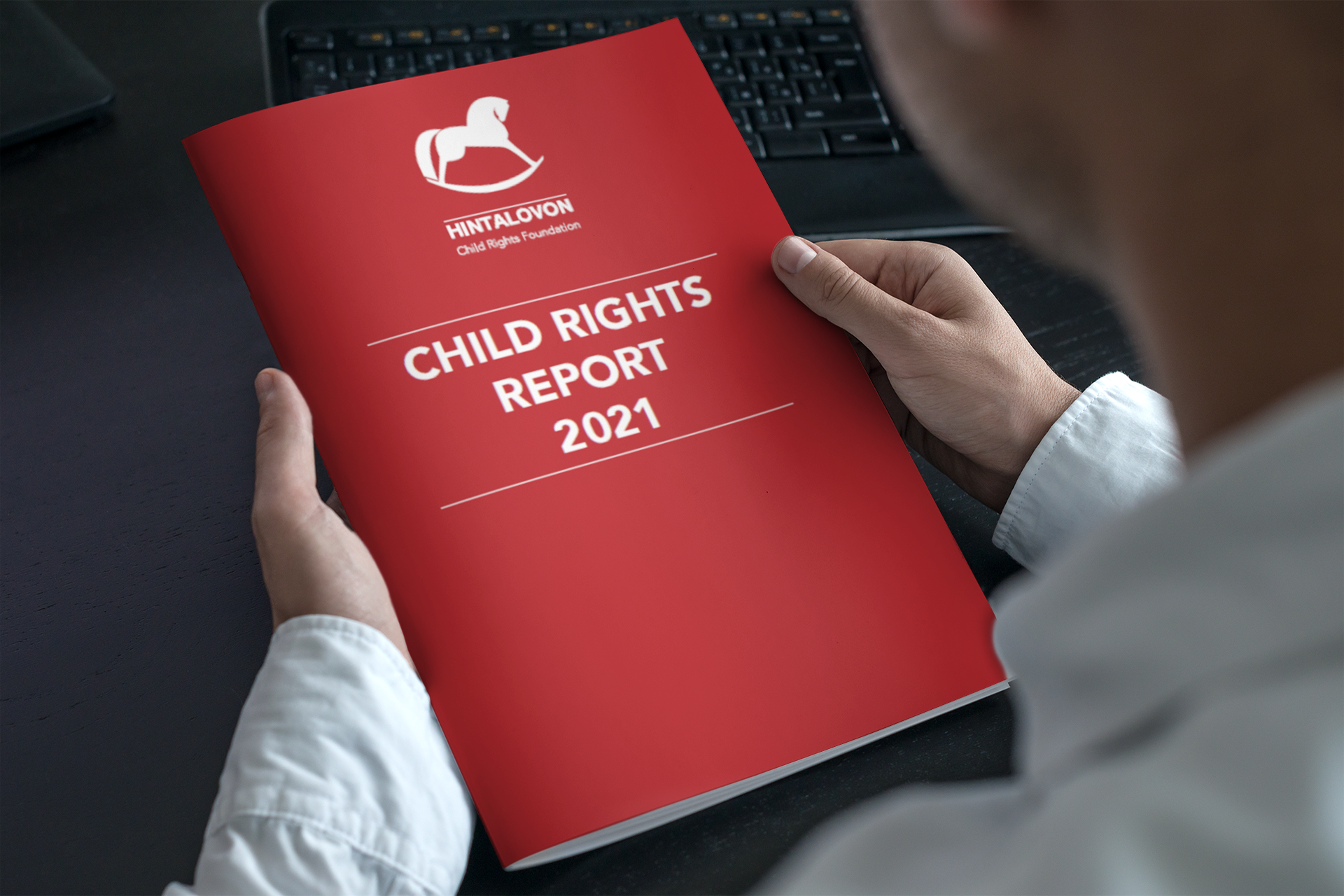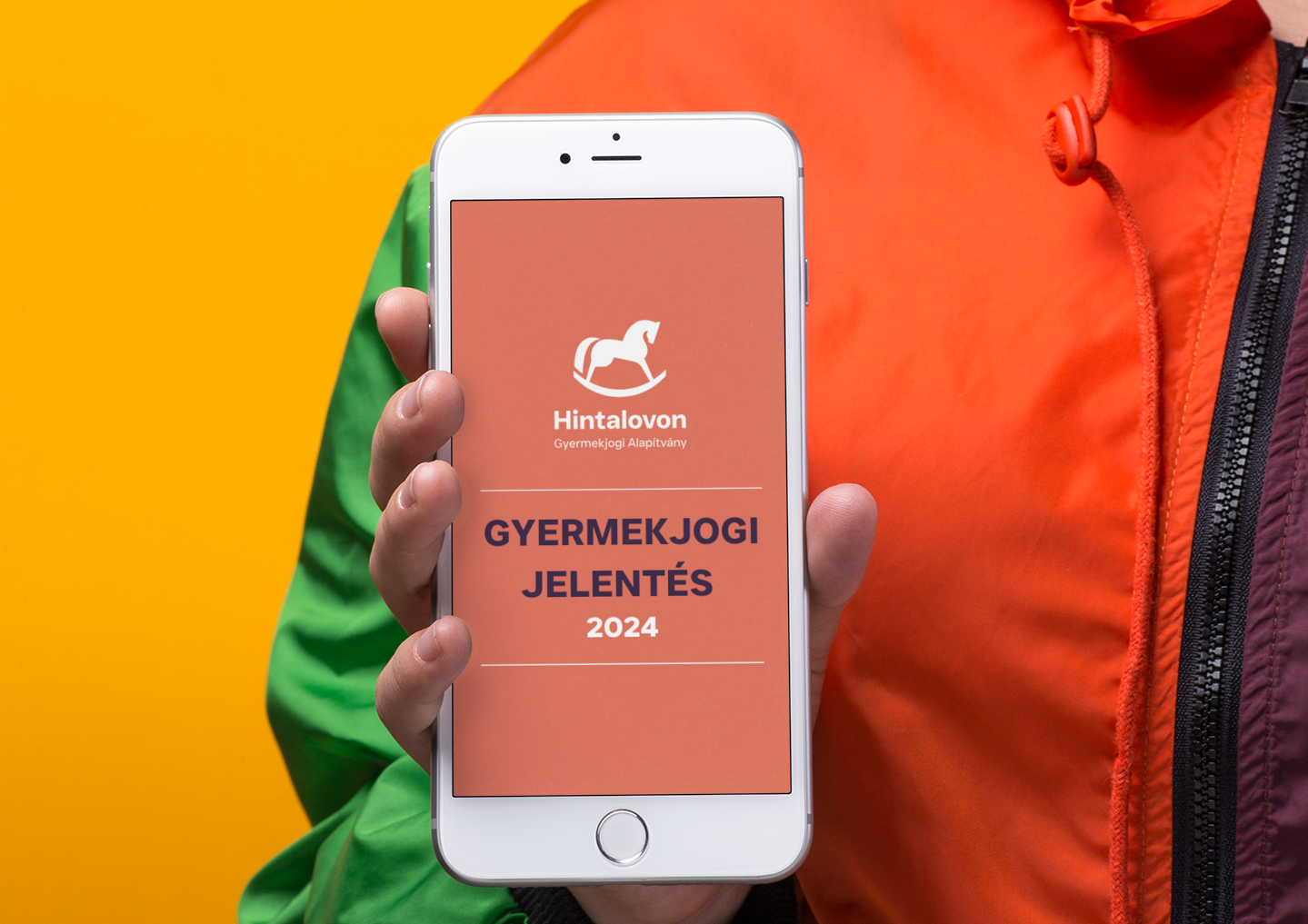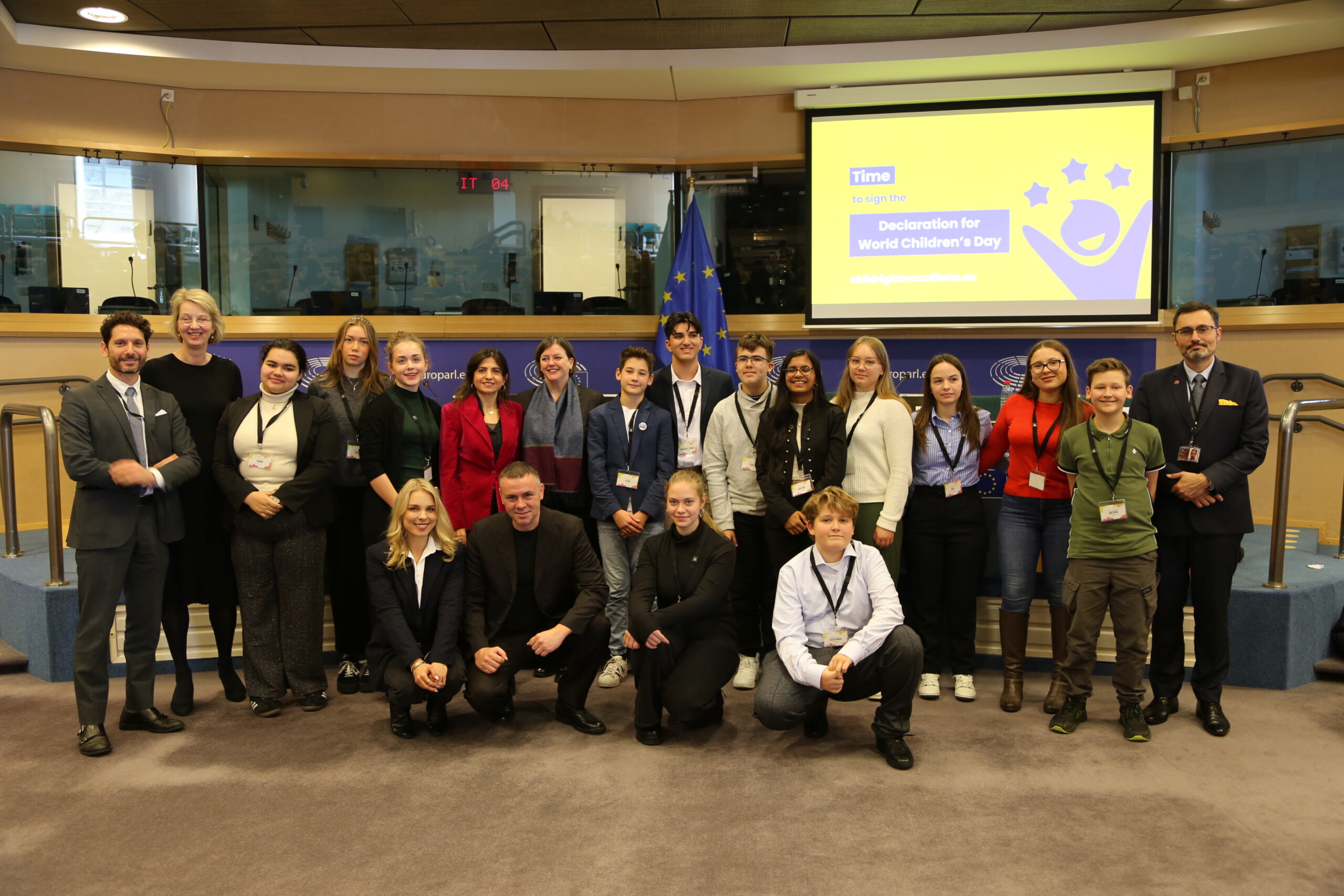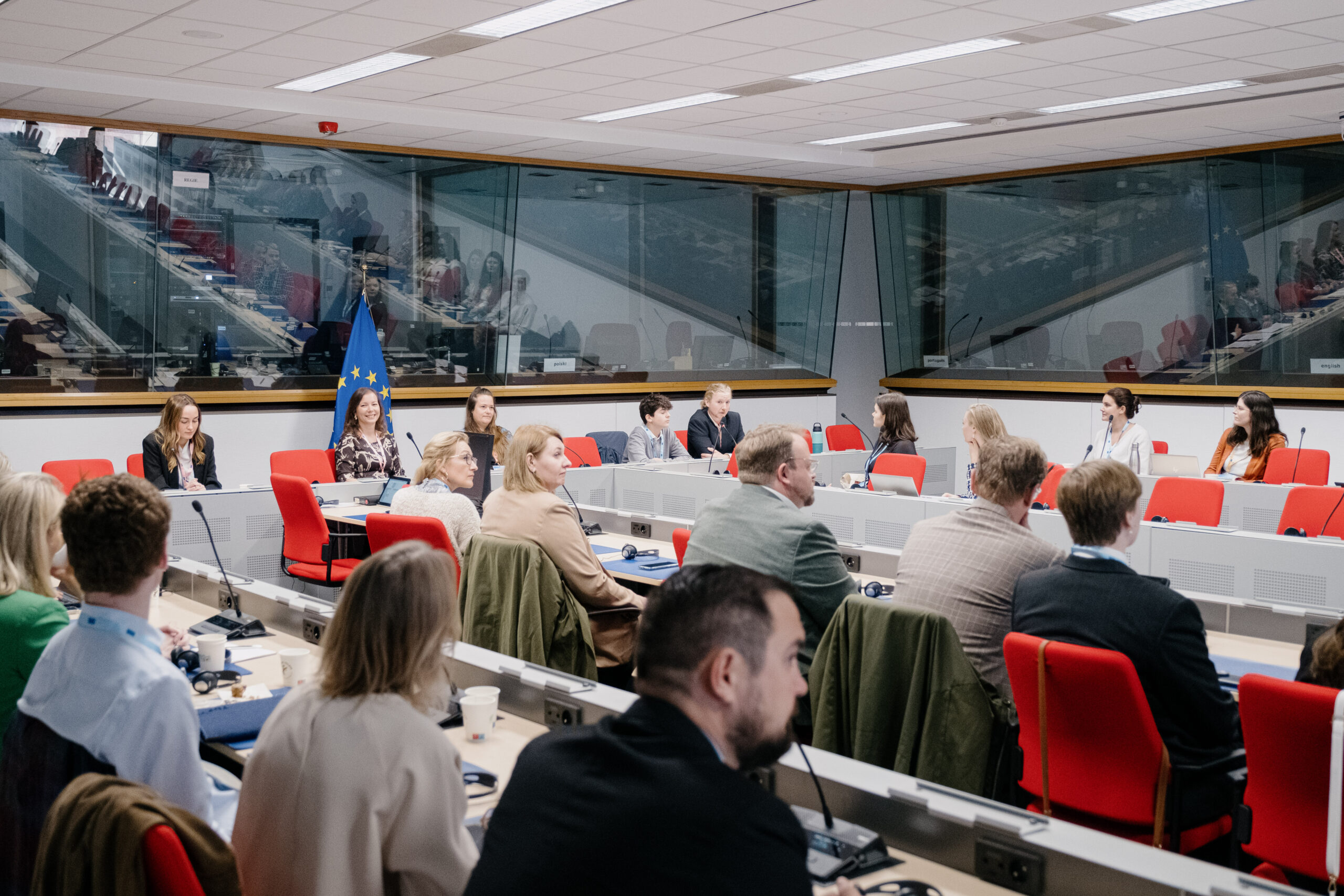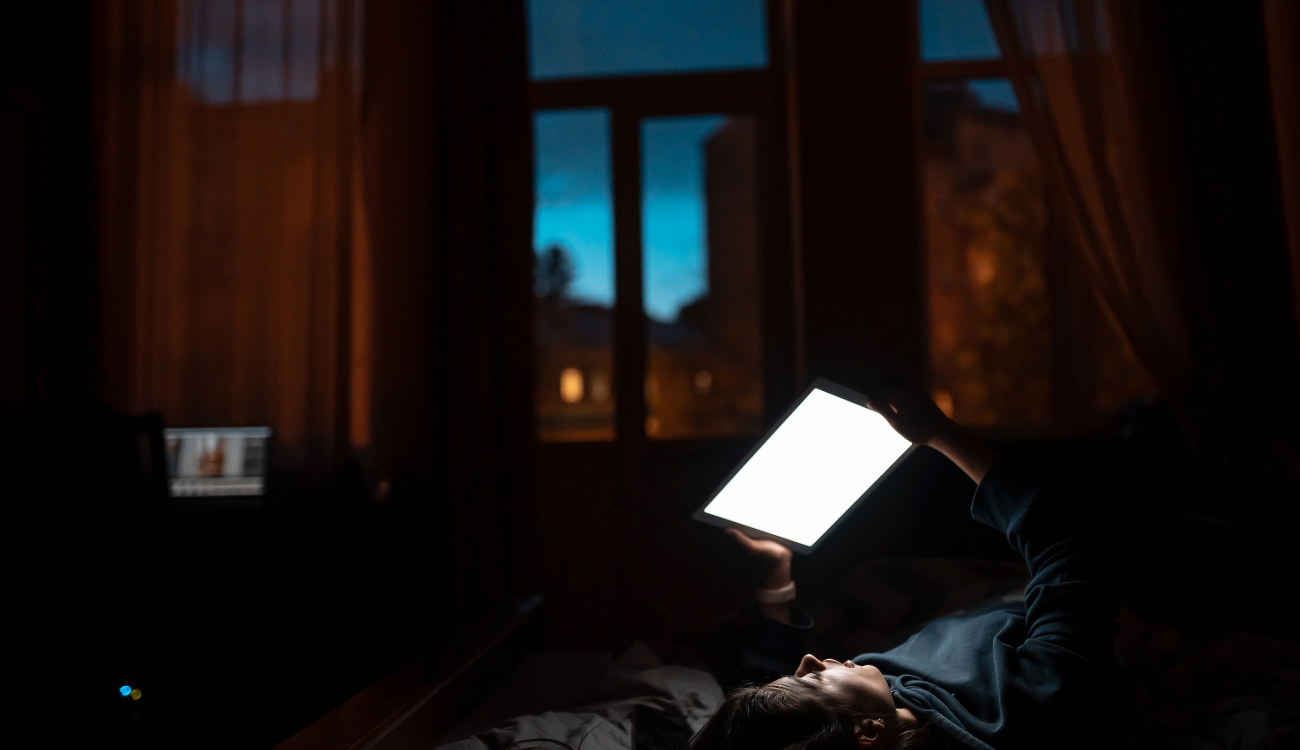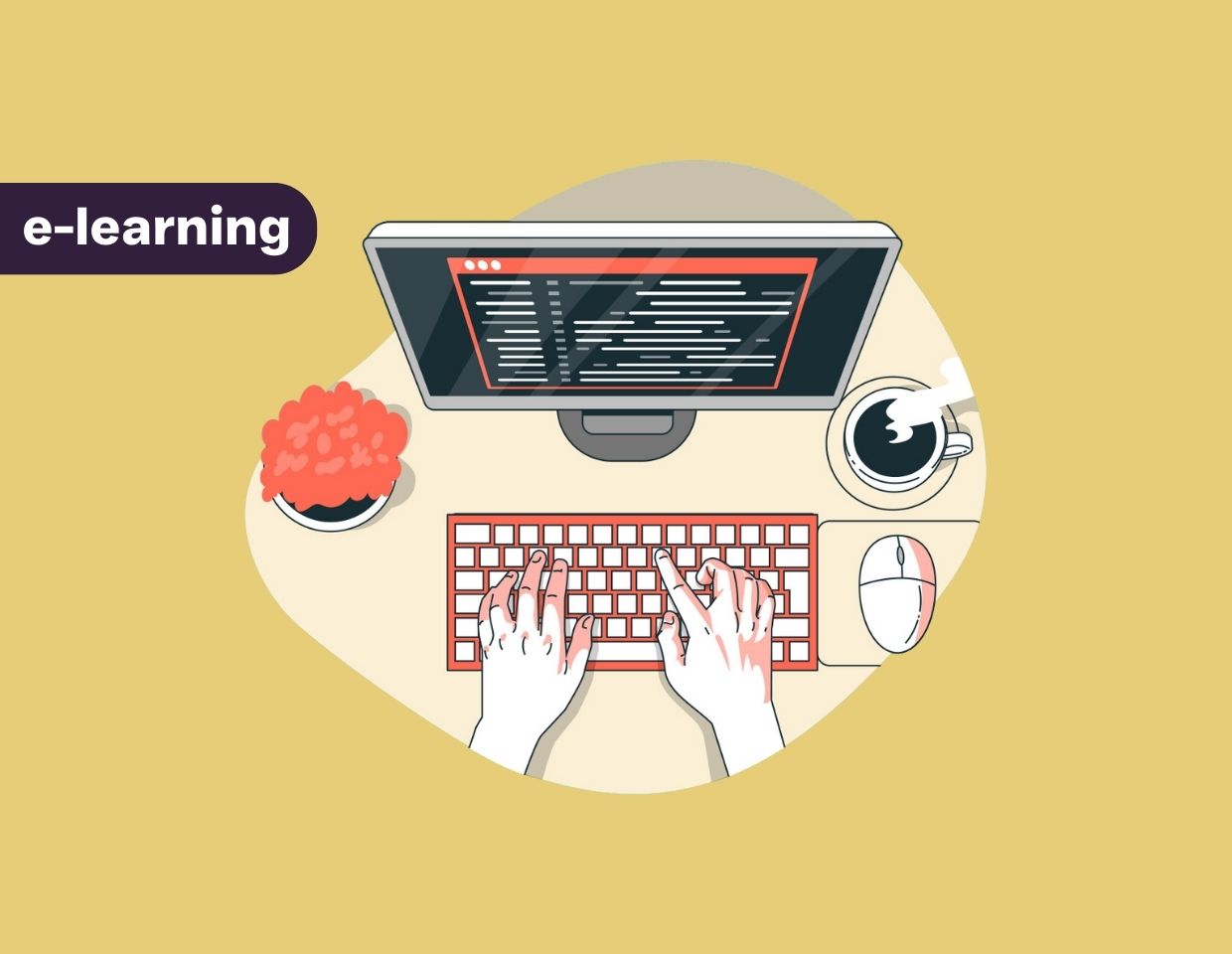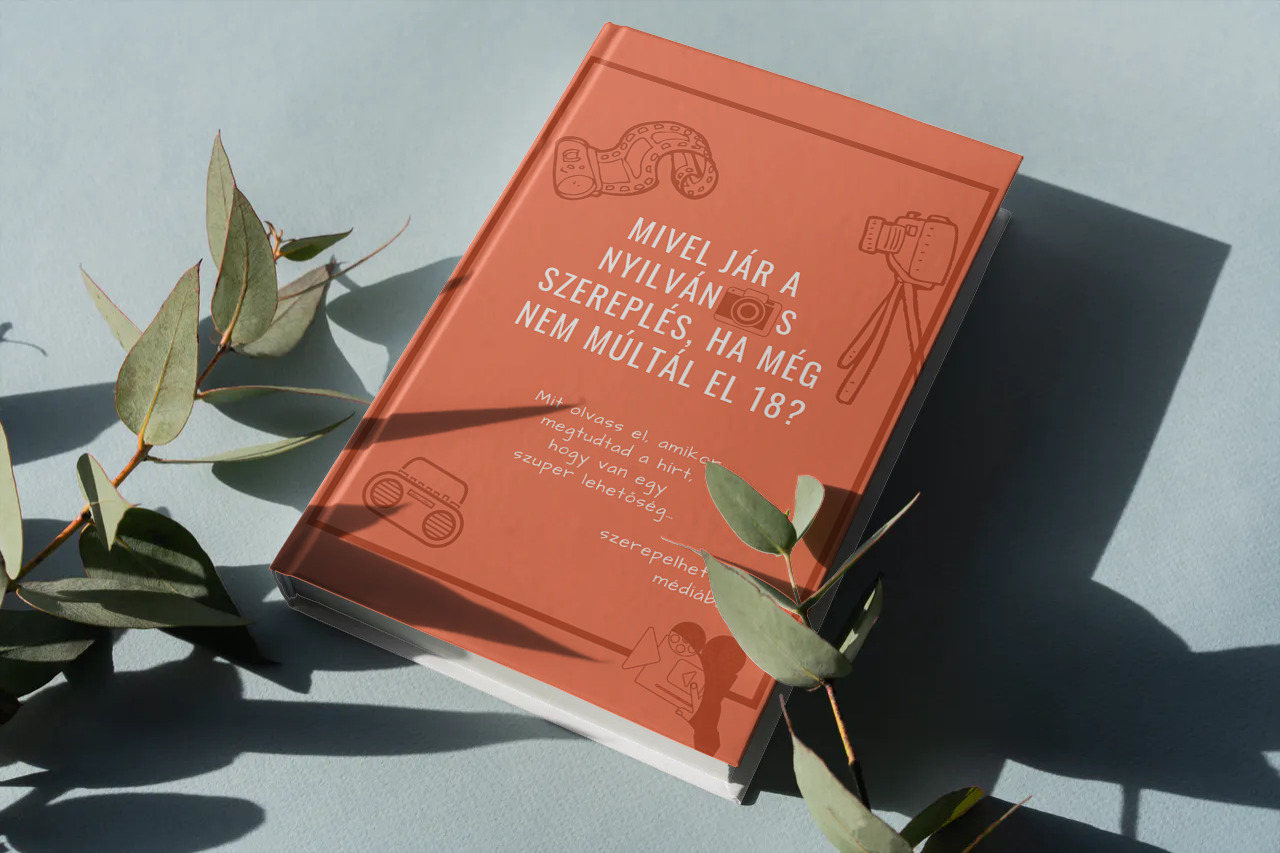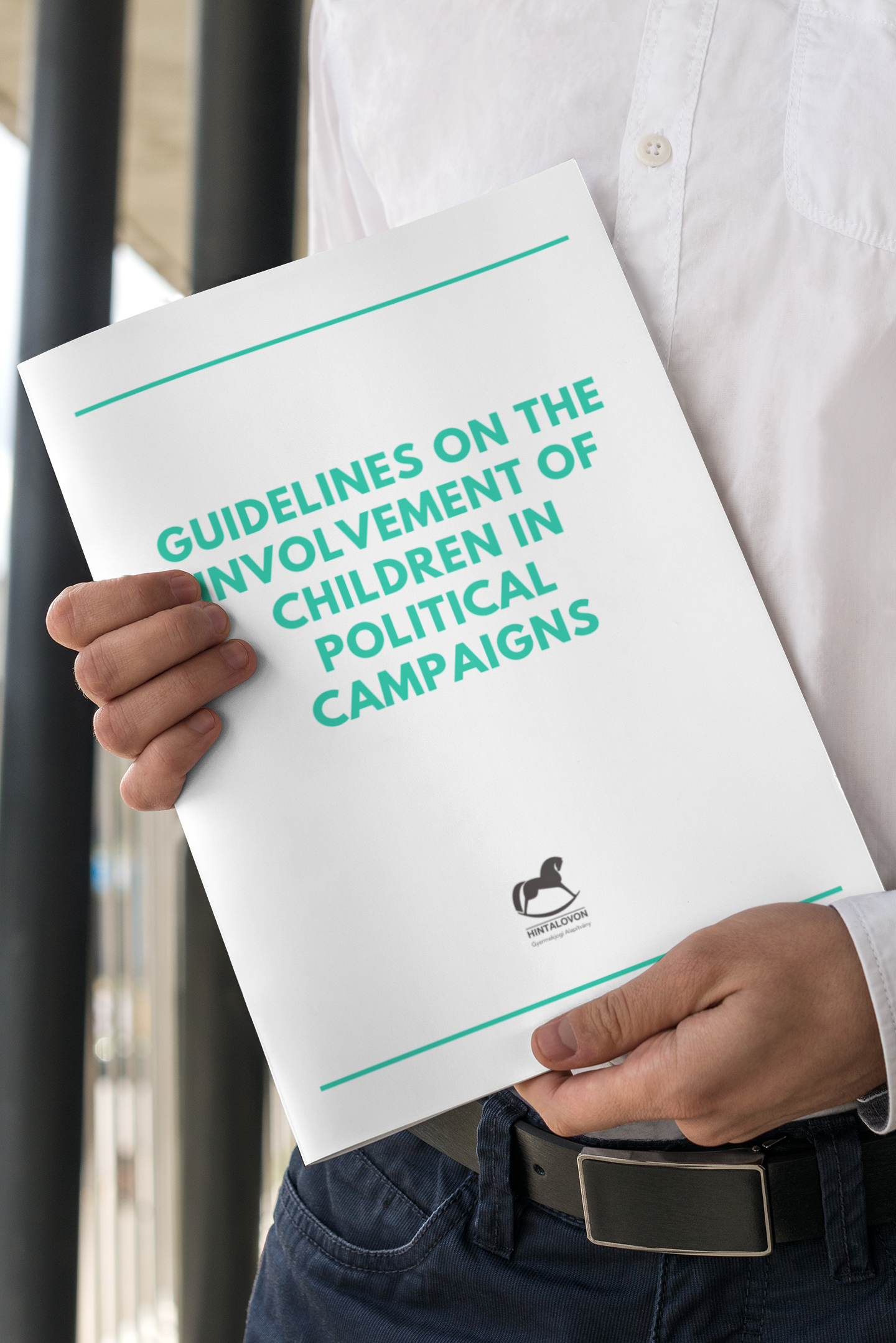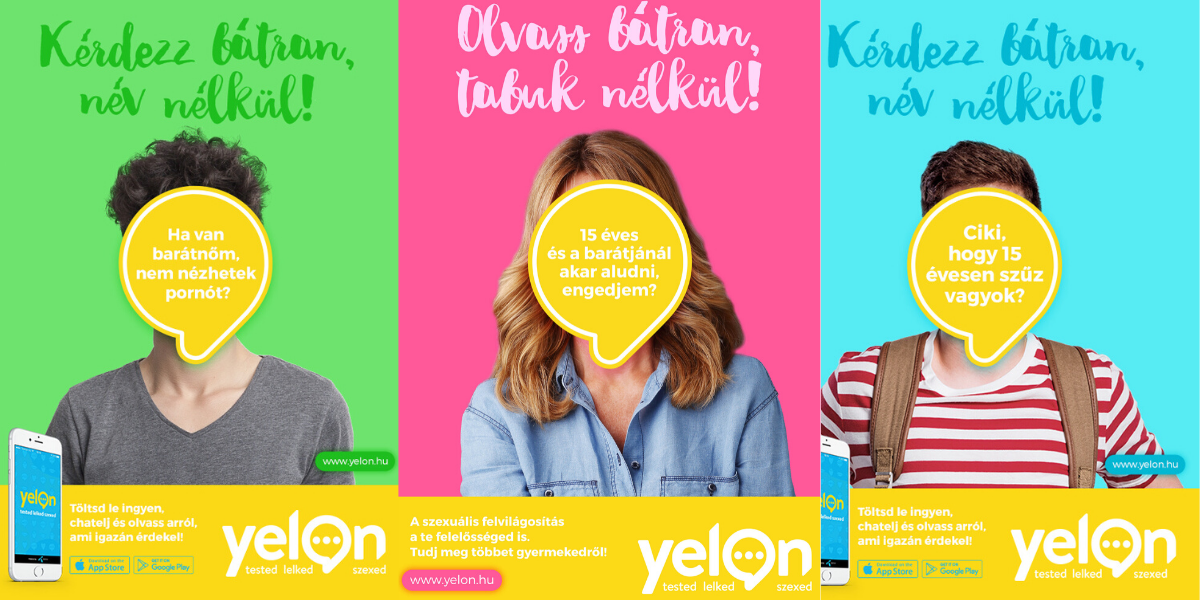30 years after the Hungarian ratification of the United Nations Convention on the Rights of the Child (hereinafter referred to as: UNCRC) the previous principle should be clear and self-explanatory. Unfortunately, that is not the case. As is clear from this year’s report, there are still groups of children whose fundamental rights are violated (e.g. roma children and children with special needs), and that there are certain rights children are intentionally deprived of (e.g. the right to information).
The 2021 Report covers the greatest challenges (education, child poverty, healthcare) and the most important novelties (e.g. the foundation of the national network), as well as the failures (e.g. the Hungarian veto regarding the EU Strategy on the Rights of the Child).
The 2021 Report is the sixth such work of the Hintalovon Foundation. We have taken on this task with experience, nonetheless, this year proved to be unprecedentedly challenging to keep a factual and distant tone and to show the reality of the situation of children’s rights. We have less and less information and data to work with and often encounter that professional material is not available to the public. It seems as if we are viewing children’s rights through an ever narrowing peephole. It is not a pleasant feeling having to work like this neither for us, nor for the workers of child protection, child healthcare, education and other affected sectors that are being knocked the air out of. This is not the result of a loss of professional arguments, rather the fact that children’s rights and child protection is in the middle of political and ideological battles.
The near dozen of professionals working on our Report are not entirely neutral either – although, we have done our most to resort to a factual and objective work. We believe that children’s rights and their protection is important, even mandatory. Some of us would say: children’s rights is a worldview.
